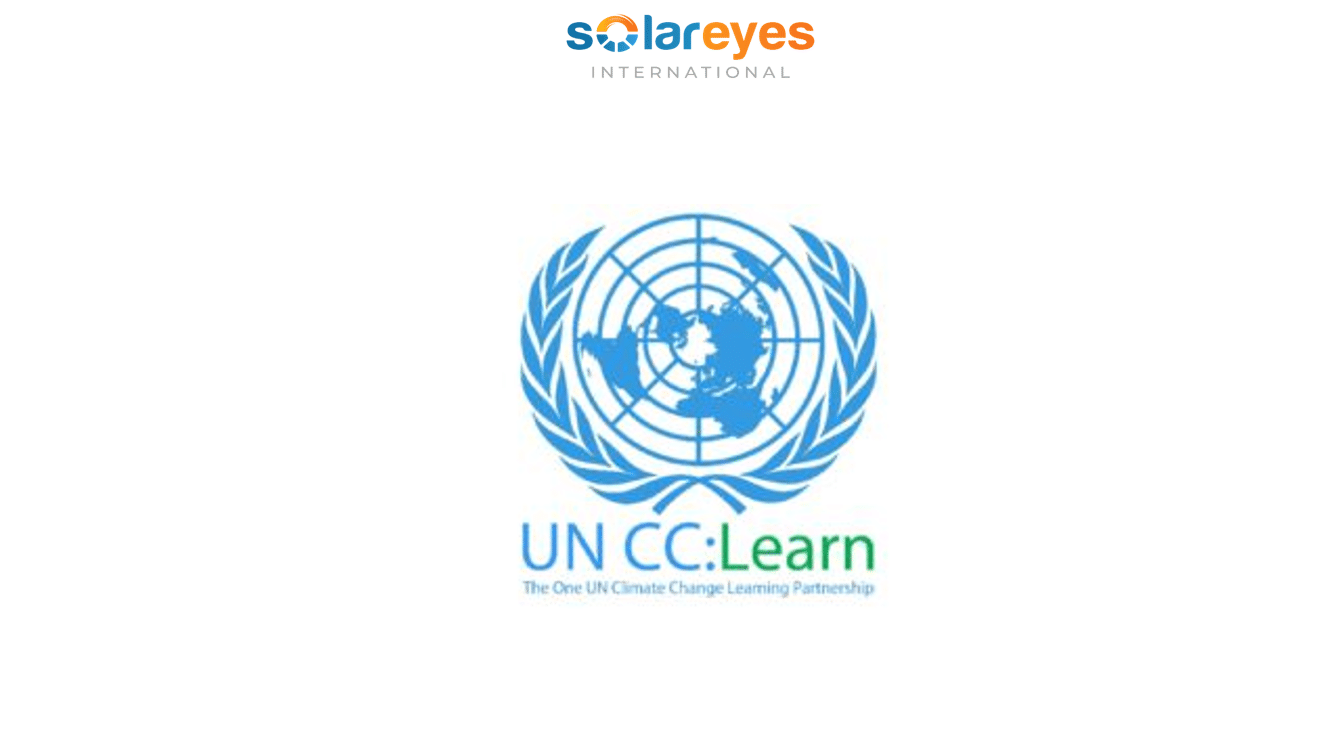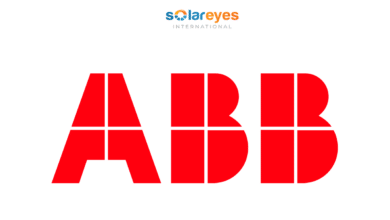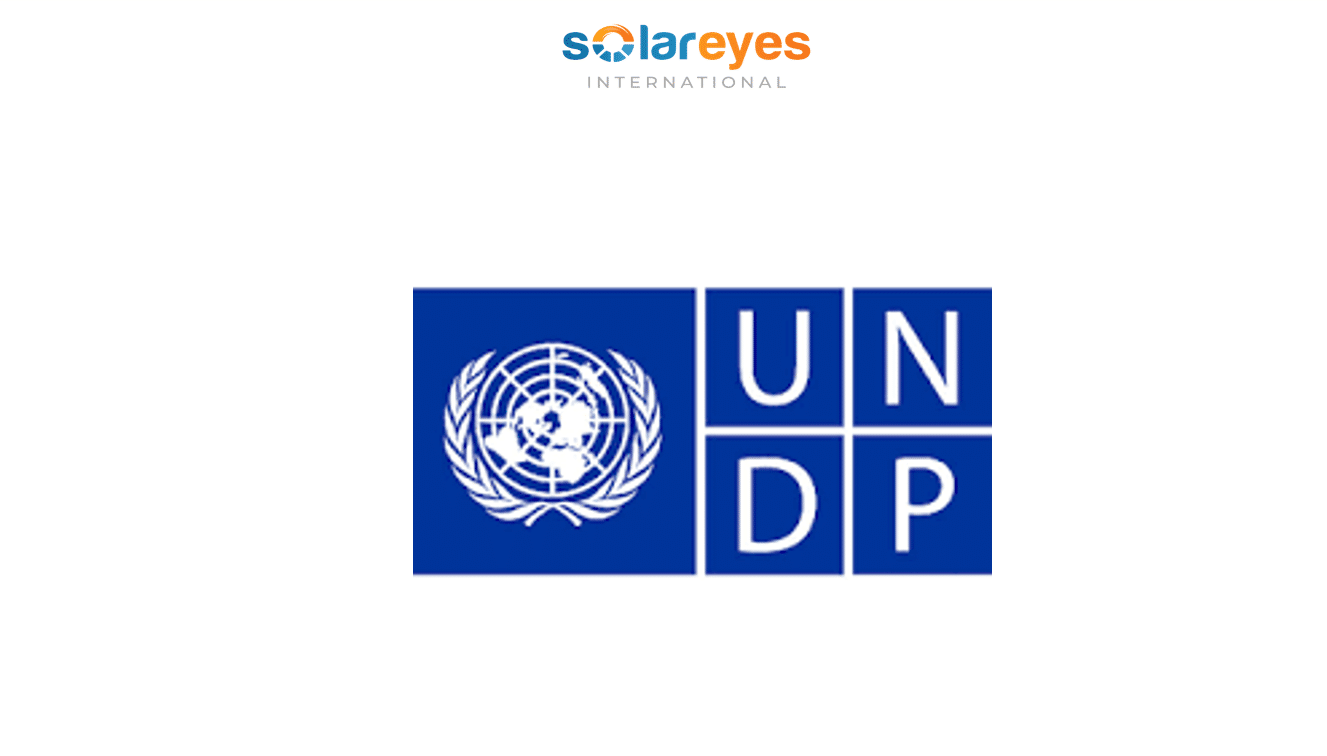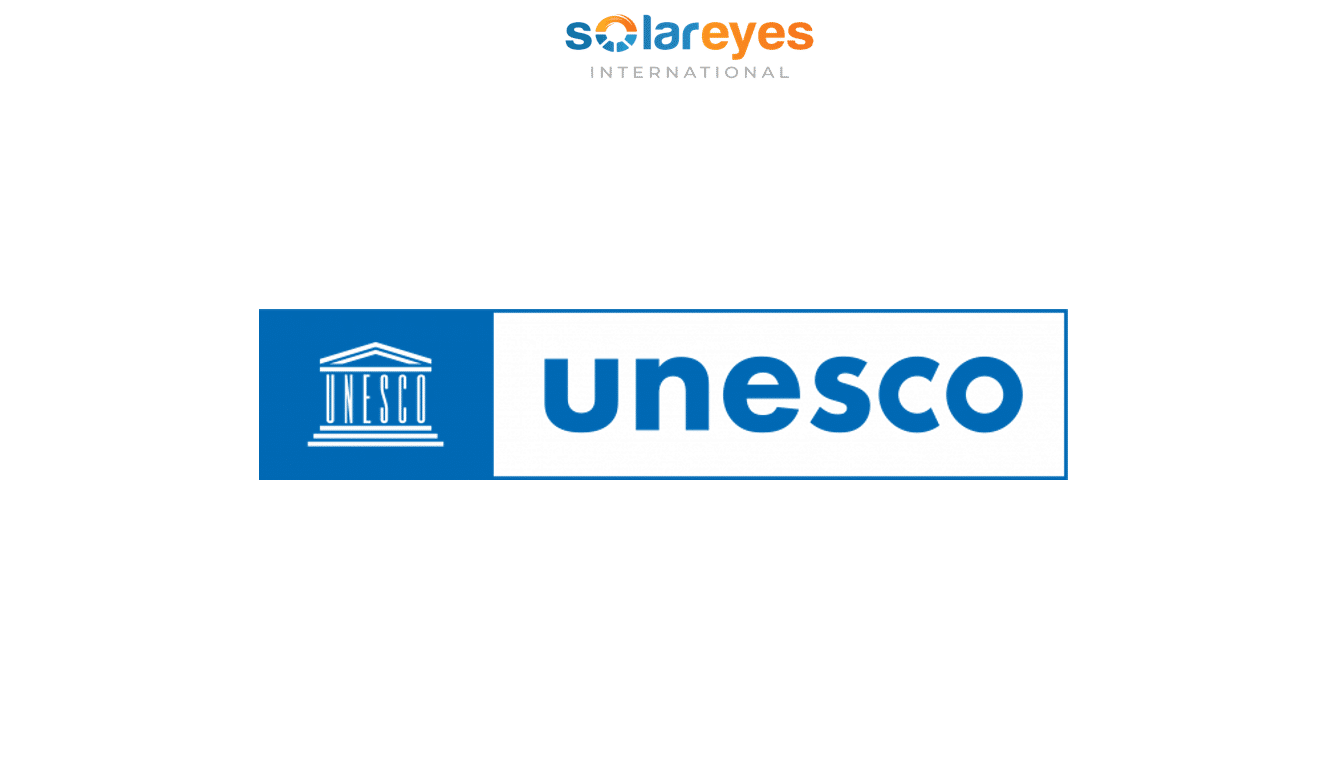UN SDG:Learn Free Online Course – Introduction to Green Economy

UN SDG:Learn Free Online Course – Introduction to Green Economy
This free e-learning experience has been designed to equip you with a mental compass as you seek answers to basic questions about inclusive green economies.
This free e-learning experience has been designed to equip you with a mental compass as you seek answers to basic questions about inclusive green economies. The course has been developed under the Partnership for Action on Green Economy (PAGE) which brings together five UN agencies – UN Environment, International Labour Organization, UN Development Programme, UN Industrial Development Organization, and UNITAR. PAGE works toward putting sustainability at the heart of economic policies and practices to advance the 2030 Agenda.
Pan African University(PAU) 2023-2024 Scholarship Applications: Masters and PhD Scholarships
The course enables learners to familiarize themselves with the rationale and core concepts guiding an inclusive green economy. It discusses both opportunities and challenge at global and national level to achieve low-carbon, resource efficient and socially inclusive development.
The course is self-paced and not moderated. It is divided into five modules to help reach the learning objectives. The modules are self-standing. While a completion sequence is proposed, learners can select modules based on individual preferences. Throughout the course, learners will be provided with references and publications on inclusive green economy if more in-depth study is desired. A glossary contains definitions of relevant concepts and technical terms.
Each module features an interactive lesson, video and quiz. The interactive lessons are completed with the purpose of achieving module-specific learning objectives, and contain around 30 slides of content supported by case studies, videos, external links and exercises. The lessons take approximately 1 hour to complete.
The videos take the participants on a fictitious tour with the company of two good friends. These friends will relate economic, social and environmental circumstances they encounter in daily life to the inclusive green economy concepts and applications discussed in the modules. They are neither policymakers nor professors, but they have a genuine curiosity to understand how economies can be transformed to become more resource-efficient, equitable and low-carbon.
The quizzes assess the achievement of the learning objectives for each module. They can be completed at any time. Each quiz can be attempted a maximum of three times. Once the five module quizzes are passed with at least 70% each, the learner can download a certificate of completion from the course home page.
Participants will be requested to provide feedback on the course by filling in a survey.Download Syllabus
Target Audience
The course provides clear, concise and up-to-date information for anybody interested in obtaining a general understanding about inclusive green economies. The course should be of particular interest to the following audiences:
- Civil servants in national ministries, sub-national departments and local authorities
- Environmental managers in private sector and civil society organizations
- Faculty, researchers and students
- Interested citizens
Learning Objectives
After completing the course, participants will be able to:
- Describe the rationale and core concepts for realizing an inclusive green economy against business-as-usual practices
- Identify enabling conditions for greening national economies
- Outline principal opportunities and challenges in key sectors
- Provide examples of national strategies and planning to advance an inclusive green economy
- Distinguish international frameworks and initiatives in support of an inclusive green economy
About UN SDG:LEarn
UN SDG:Learn is a United Nations initiative that aims to bring relevant and curated learning solutions on sustainable development topics to individuals and organizations.
Through the collaborative efforts of the United Nations, multilateral organizations, and sustainable development partners from universities, civil society, academia and the private sector, UN SDG:Learn provides a unique gateway that empowers individuals and organizations through an informed decision when selecting among a wealth of SDG-related learning products and services that are currently available.
The Effect of Fake Solar Components on the Global Uptake of Solar Energy as a Source of Electricity
The web-based Platform is a gateway that matches learnersu2019 needs with learning solutions offered by UN SDG: Learn Partner organizations targeting diverse audiences from government officials, UN staff, private sector executives and employees, parliamentarians, NGO workers, young people, journalists and citizens at large. The Platform enables a smart navigation through the growing wealth of various learning solutions including courses, tutorials, podcasts, analytical and other tools, and the expertise on topics related to SDG achievement.
Success Stories of Immigrants who have Found Opportunities and Succeeded in Canada
The Partnership ensures that the Platform becomes a key resource and the main gateway for SDG learning. UN SDG:Learn is powered by a community of practitioners that bring together the main providers of learning solutions on the SDGs from the UN, academia and universities and the private sector. The Partners network engages in regular exchange on learning methodologies, tools, curricula, and courses relevant for SDG learning.
The Programme will feature and offer joint learning initiatives that will be co-designed as part of the UN SDG: Learn Partnership to ensure integrated learning support to countries.
UN SDG:Learn is ultimately about allowing the UN family to work in collaboration with key partners and reach out to millions of people whose professional and personal learning choices will make a difference if we are to achieve the SDGs.
Why online courses are important
Online courses have become increasingly popular in recent years, and for good reason. They offer a flexible, convenient way to learn new skills, advance your career, or pursue a new passion. Here are some reasons why online courses are important:
- Accessible: Online courses are accessible to anyone with an internet connection, regardless of location. This means that individuals who may not have access to traditional education due to distance, financial, or other barriers can still get the education they need.
- Affordable: Online courses are often more affordable than traditional courses. They eliminate the need for expensive textbooks, commuting costs, and other associated expenses that come with attending an in-person class.
- Flexible: Online courses offer flexibility in terms of scheduling. Students can learn at their own pace and on their own schedule, which is especially helpful for those who have work or family obligations.
- Diverse: Online courses offer a wide range of subjects and disciplines, from business and technology to art and design. This makes it easier for individuals to find a course that matches their interests and career goals.
- Interactive: Online courses are often interactive and engaging, with opportunities to collaborate with other students, participate in discussions, and receive feedback from instructors.
In conclusion, online courses have become an essential component of modern education. They offer flexibility and convenience to learners who want to improve their skills and knowledge without sacrificing their work or personal obligations. Online courses have also provided access to education for those who previously had limited opportunities due to geographical or financial barriers.
ENGIE ENERGY ACCESS Technical Operations Officer – Kenya
Moreover, online courses have proven to be effective in delivering high-quality education. They offer personalized learning experiences that cater to the needs and preferences of individual learners. They also provide learners with access to diverse learning resources, including multimedia content, interactive simulations, and online communities.
Online courses have also played a critical role in promoting lifelong learning. They have made it possible for individuals to update their skills and knowledge continuously, keeping up with the rapidly evolving job market. Additionally, online courses have enabled professionals to upskill or reskill themselves, making them more competitive in the job market.
Finally, online courses have contributed to the democratization of education. They have made it possible for anyone, regardless of age, gender, race, or socioeconomic status, to access high-quality education. This has helped to level the playing field and create a more equitable society.
Overall, the benefits of online courses are significant, and their importance will only continue to grow in the future. As technology advances and the job market evolves, online courses will become even more critical for individuals seeking to improve their skills and knowledge. Therefore, it is essential for individuals and organizations to embrace online learning and leverage its power to unlock their potential and achieve their goals.
FOLLOW US ON SOCIAL MEDIA
Follow us on LINKEDIN, FACEBOOK, TELEGRAM GROUP and WHATSAPP.
*** ALSO CHECK: HOW TO SIZE A SOLAR SYSTEM – 5 clear steps anyone can follow
HOW TO START A SOLAR COMPANY – do these 6 things and make money through solar
How to Identify Fake Solar Products
SOLAR PANEL LOSSES: All you Need to Know + Tips on how to avoid them





